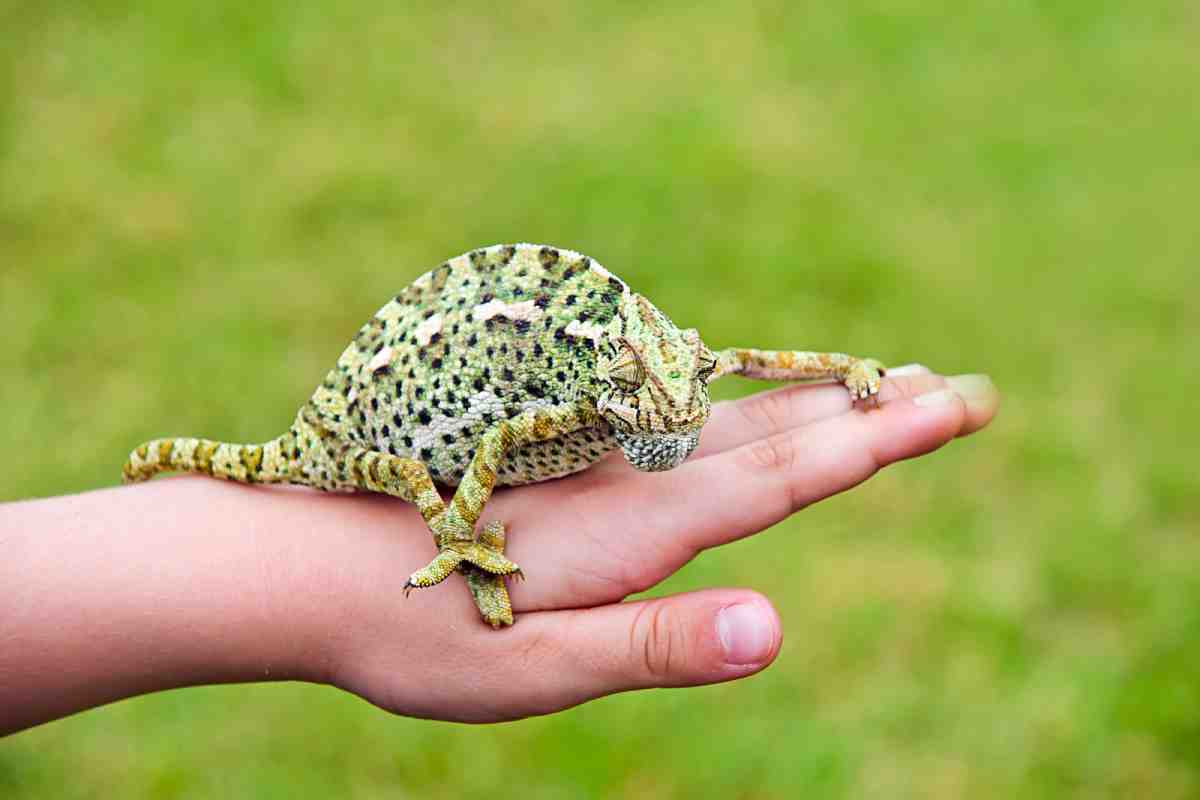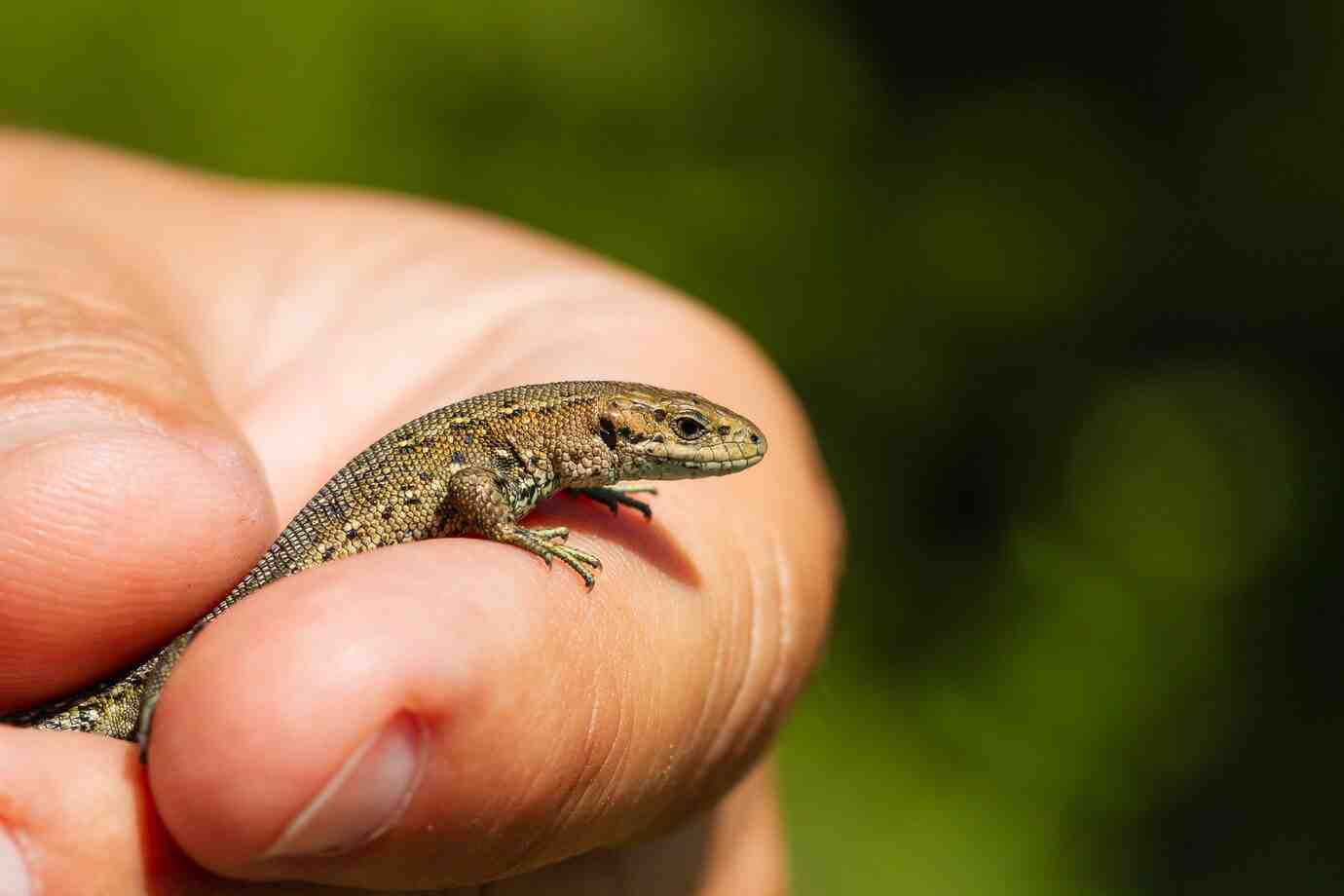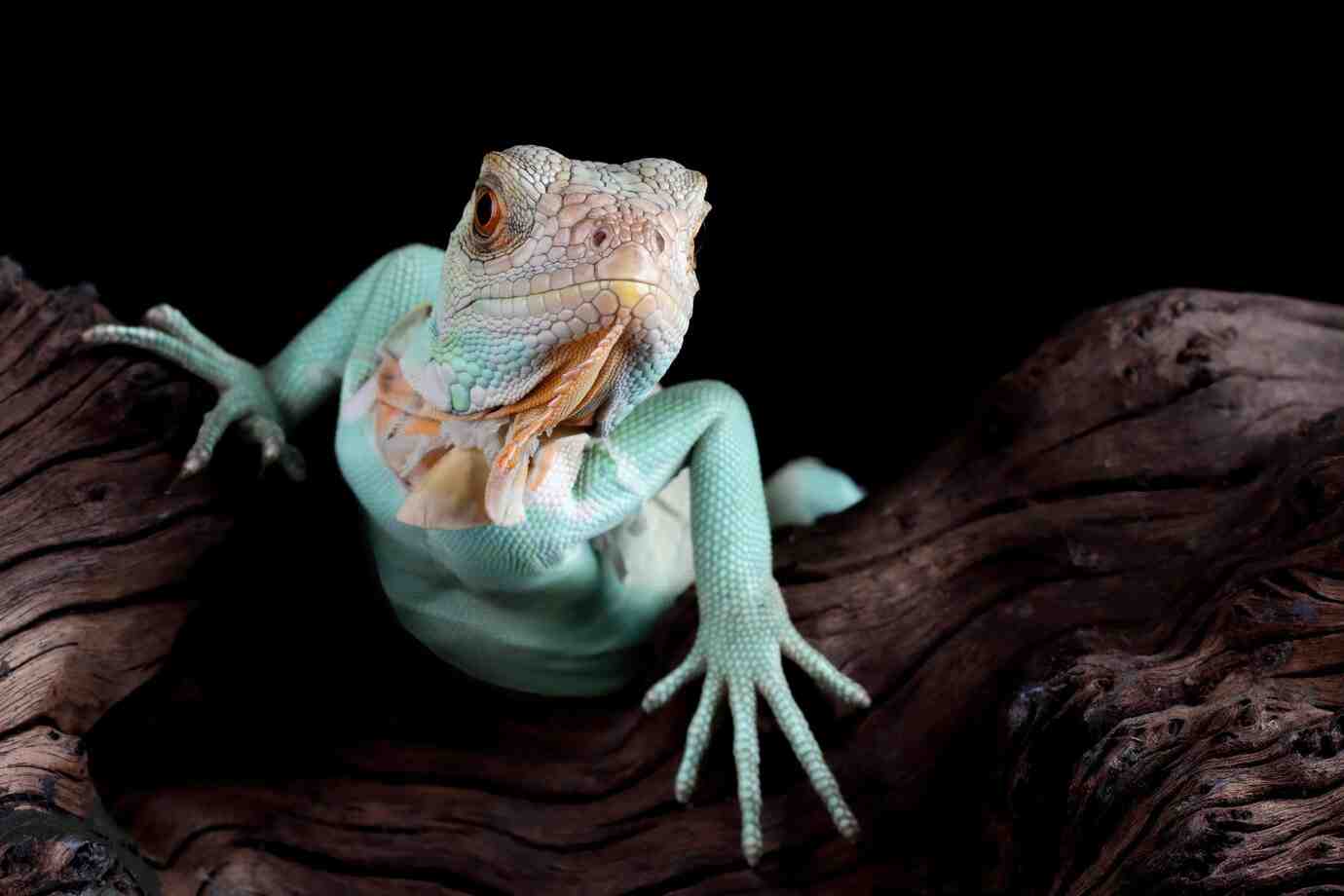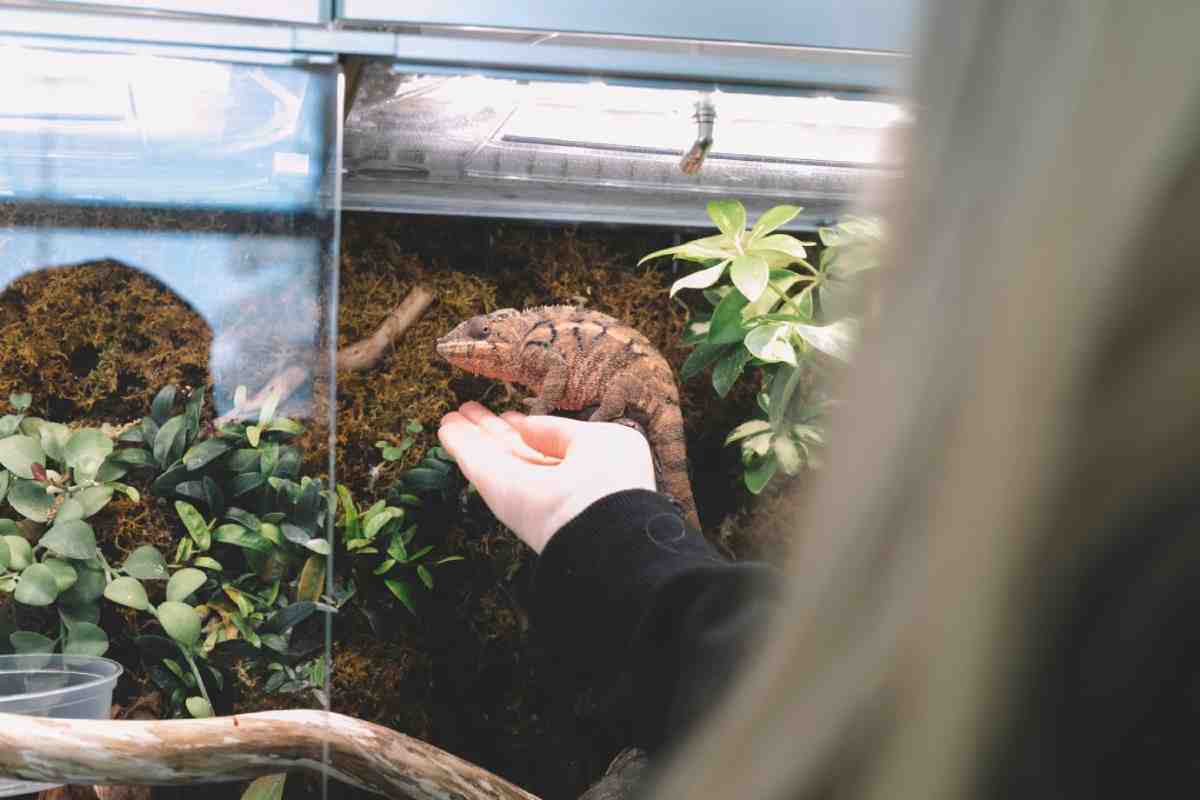
Building Trust with Your Reptile Pet
Reptiles might not wag their tails or purr, but that doesn’t mean they can’t form connections with their keepers. In fact, building trust with reptiles is one of the most rewarding parts of keeping an exotic pet — and it all starts with patience, respect, and observation.
Whether you’re caring for a curious gecko, a calm tortoise, or a shy snake, this guide will walk you through the essentials of bonding with reptiles and creating a relationship rooted in mutual comfort and calm.
Can You Bond with a Reptile?
Yes — but it looks different than bonding with a dog or cat.
Reptiles don’t seek affection in the same way mammals do. They respond to consistency, calm behaviour, and a safe environment. Over time, they learn to recognise you, feel safe in your presence, and even enjoy brief interactions.
Signs of Trust in Reptiles:
- Remaining calm when you approach
- Voluntarily coming out of a hide when you’re nearby
- Eating in front of you
- Climbing onto your hand or arm
- Relaxed breathing and body posture during handling
Trust takes time. With reptiles, slow and steady always wins.
Create a Safe and Comfortable Environment

Exotic pet trust starts with proper husbandry. A reptile that feels physically secure is far more likely to become emotionally secure.
Essentials for a Stress-Free Setup:
- Correct temperature and humidity for your species
- UVB lighting if required
- Safe hides on both the warm and cool side
- Low-traffic tank placement — avoid loud or busy areas
- Clean, dry enclosure with proper substrate
- Enrichment items (climbing branches, plants, tunnels)
A reptile that constantly hides, refuses food, or remains dark in colour might be stressed. Double-check your setup before working on trust-building.
Let Them Observe You
Rushing into handling is a common mistake. Instead, spend time near the enclosure and let your reptile get used to your presence.
Passive Bonding Techniques:
- Sit near the tank and read or talk softly
- Place your hand inside the enclosure (without touching)
- Allow your reptile to come to you — not the other way around
- Offer food with tongs or fingers to build positive associations
Think of this as the “get to know you” stage. You’re showing them you’re not a threat.
Use Routines to Build Trust
Reptiles thrive on routine. Doing the same actions at the same time each day builds a sense of safety and predictability.
Helpful Routines Include:
- Feeding at the same time each day
- Daily misting (for species that need it)
- Quiet tank maintenance
- Gradual introduction of new items or decor
With time, your reptile will associate your presence with calm, safe experiences.
Start Slow with Handling
Once your reptile seems calm and alert, you can begin short, gentle handling sessions.
Handling Tips for Trust-Building:

- Approach from the side — never from above
- Move slowly and speak softly
- Let your reptile climb onto you instead of grabbing
- Keep sessions short (5–10 minutes to start)
- Return them gently to the enclosure when done
Watch for stress signs: hissing, tail twitching, retreating, or gaping. If you see these, take a break and try again later.
Step 5: Reinforce with Food and Positive Interaction
Just like other animals, reptiles can associate positive things — like food — with your presence.
Try:
- Hand-feeding insects with tongs
- Offering treats (fruit, worms, etc.) during interaction
- Using a soft voice or consistent signal (like tapping the glass) at feeding time
- Target training (advanced): teaching simple actions like moving toward a coloured stick for food
This builds confidence and forms a clear link between “you = something good.”
How Long Does It Take to Build Trust?
There’s no set timeline. Some reptiles may relax within days, while others take weeks or months. Factors include:
- Species – Some are naturally more tolerant (e.g. bearded dragons), while others are shy (e.g. chameleons)
- Individual personality – Even among the same species, behaviours vary
- Previous experiences – Rescue reptiles may have trust issues from past neglect or trauma
- Your consistency – The more routine and calm your approach, the faster progress happens
Celebrate small wins. Even eating in front of you is a big step in bonding.
Reptile-Specific Trust Tips
Geckos
- Nocturnal, so interactions are best in the evening
- Move slowly and handle close to the ground
- Let them climb instead of scooping them up
- Watch the tail — stress can lead to tail drops in some species
Snakes
- Wait 48 hours after feeding before handling
- Avoid fast or sudden movements
- Let them slither across your hands instead of holding tight
- Be extra gentle during shedding cycles
Tortoises and Box Turtles
- Bond through routine, not touch
- Offer food by hand and sit nearby
- Handle only when needed — they prefer calm observation
- Soaks and baths can be a chance for gentle interaction
Bearded Dragons
- Often enjoy short handling sessions
- Like sitting on shoulders or laps
- Scratch under their chin or back if tolerated
- Handle during the day when they’re most active
Mistakes That Break Trust
Even with the best intentions, some actions can slow progress.
Avoid:
- Grabbing from above (triggers predator response)
- Forcing handling when your reptile wants to hide
- Loud noises or fast movements
- Reaching into hides suddenly
- Overhandling — especially early on
Trust can take weeks to build but just moments to lose. Respect your reptile’s space and signals.
When to Seek Help
If your reptile:
- Refuses food for more than 10 days
- Shows signs of illness (lethargy, weight loss, discharge)
- Remains defensive or aggressive after several months
- Has a history of trauma or rescue care
…consult a reptile vet or experienced keeper. There may be underlying health or stress issues preventing trust.
Trust is Earned, Not Demanded
Building trust with reptiles takes time, care, and consistency — but the results are worth it. When your exotic pet recognises you as safe, their behaviour becomes calmer, their health improves, and interactions become smoother.
By creating a secure home, observing body language, using food-based bonding, and respecting their boundaries, you’ll master the art of bonding with reptiles and nurture lasting exotic pet trust that brings out the best in your scaly companion.
For more tips, visit: How to Safely Handle Exotic Reptiles


